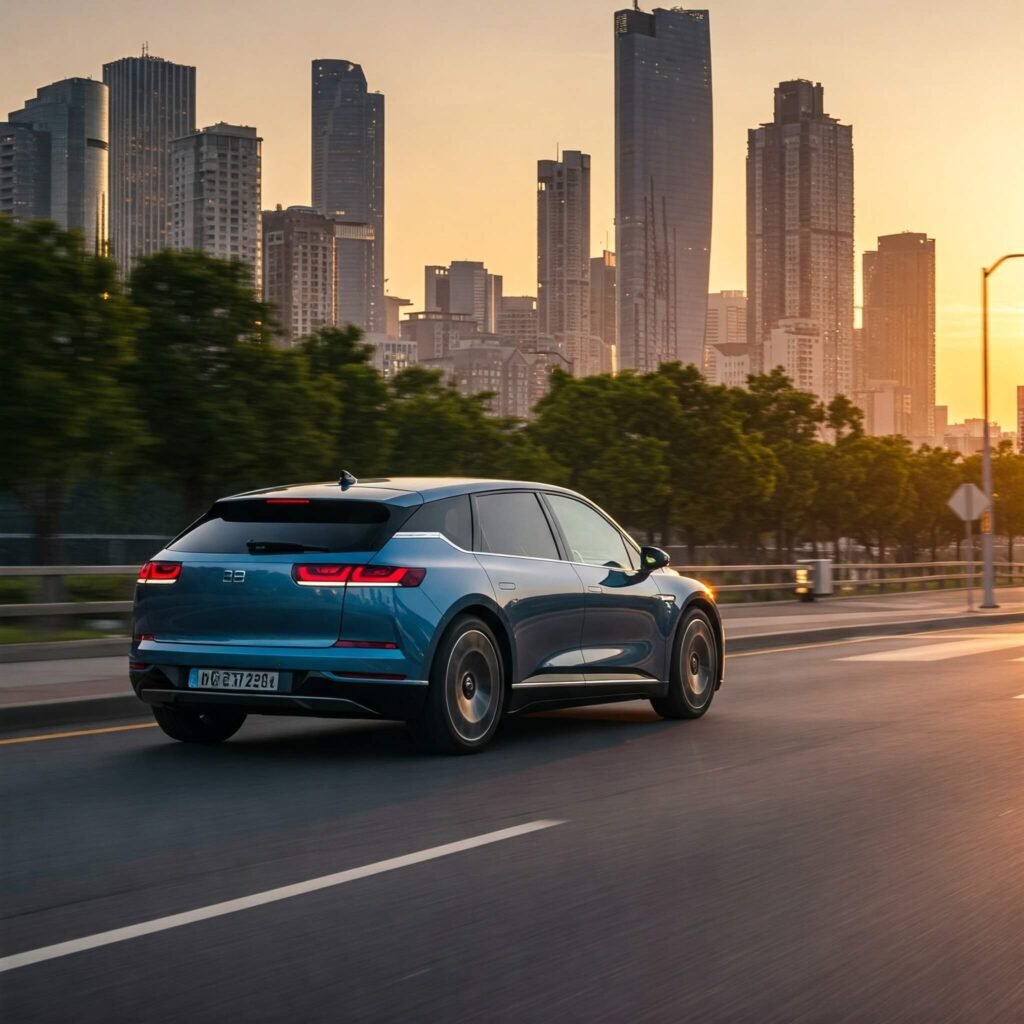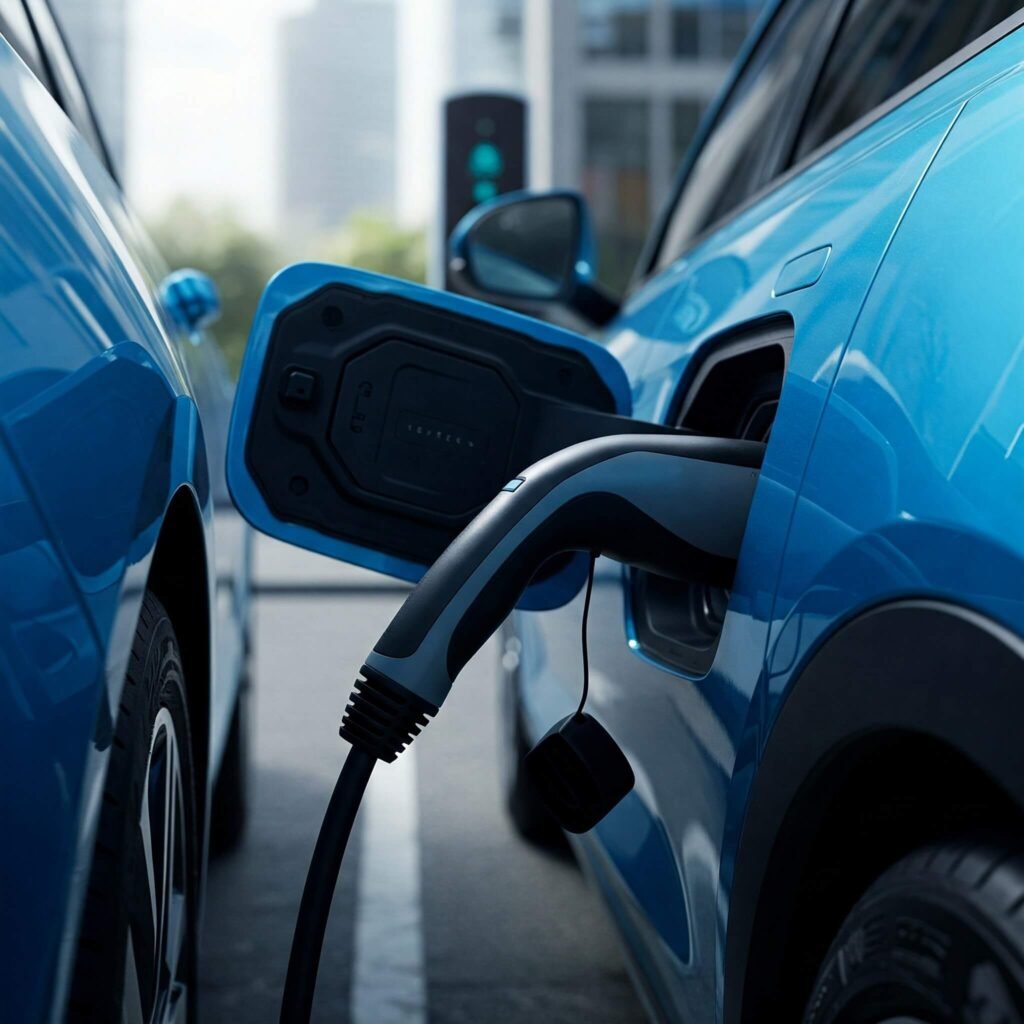Electric cars are no longer a futuristic dream—they’re here, and they’re transforming the way we drive. If you’re considering buying an electric car, you’re likely wondering about costs, range, charging, and whether it’s the right fit for your lifestyle. This guide breaks down everything you need to know before buying an electric car, offering practical insights to help you make an informed decision.
From understanding battery life to navigating government incentives, we’ve got you covered with actionable tips and real-world examples. Let’s dive in!
Why Consider an Electric Car?
Electric vehicles (EVs) are gaining popularity for their environmental benefits, lower operating costs, and cutting-edge technology. But before you commit, it’s essential to know what you’re getting into. Here’s why EVs are worth considering:
- Environmental Impact: EVs produce zero tailpipe emissions, reducing your carbon footprint.
- Cost Savings: Electricity is cheaper than gasoline, and EVs require less maintenance.
- Performance: Many EVs, like the Tesla Model 3, offer instant torque for a thrilling drive.
Real-World Example: Sarah, a 35-year-old teacher from California, switched to a Nissan Leaf and saved $1,200 annually on fuel and maintenance.

Key Factors to Know Before Buying an Electric Car
To ensure your EV purchase is a success, consider these critical factors.
1. Understand Your Driving Needs
Your driving habits play a big role in choosing the right EV. Ask yourself:
- How far do you drive daily? Most EVs offer 150-300 miles of range, sufficient for most commutes.
- Do you take frequent road trips? Look for models with fast-charging capabilities.
- Do you have access to home charging? This impacts convenience and costs.
Tip: Use tools like PlugShare to locate charging stations near your home or workplace.
2. Evaluate the Total Cost of Ownership
While EVs can save money long-term, the upfront cost can be steep. Here’s what to consider:
- Purchase Price: EVs like the Hyundai Kona Electric start around $35,000, while luxury models like the Porsche Taycan exceed $100,000.
- Incentives: Federal tax credits up to $7,500 and state rebates can lower costs. Check Fueleconomy.gov for details.
- Operating Costs: EVs cost ~$0.04 per mile to operate compared to $0.12 for gas cars (based on 2024 U.S. averages).
Data Insight: A 2023 study by Consumer Reports found EV owners save $800-$1,000 annually on fuel and maintenance.

3. Battery Life and Range Considerations
Battery life is a top concern for EV buyers. Here’s what you need to know:
- Range: Most EVs offer 200-300 miles per charge, but cold weather can reduce range by 20-30%.
- Battery Longevity: EV batteries typically last 8-15 years, with warranties covering 100,000 miles or more.
- Charging Time: Level 2 home chargers take 4-8 hours, while DC fast chargers can deliver 80% charge in 20-40 minutes.
Example: John, a Seattle-based freelancer, chose the Ford Mustang Mach-E for its 270-mile range, perfect for his weekend getaways.
4. Charging Infrastructure Buying an electric car
Charging is a cornerstone of EV ownership. Here’s how to prepare:
- Home Charging: Install a Level 2 charger (~$500-$1,500) for overnight charging.
- Public Charging: Networks like Electrify America offer fast chargers, but availability varies by region.
- Workplace Charging: Some employers provide free or subsidized charging.
Pro Tip: Apps like ChargePoint help you plan routes with charging stops.

5. Maintenance and Reliability Buying an electric car
EVs have fewer moving parts than gas cars, reducing maintenance needs. Key points:
- No oil changes or spark plugs.
- Brake wear is minimal due to regenerative braking.
- Battery and software updates are the primary maintenance tasks.
Data: A 2024 J.D. Power study rated EVs like the Kia EV6 highly for reliability.
Benefits and Drawbacks of Buying an Electric Car
To help you weigh your options, here’s a quick overview:
Benefits:
- Lower fuel and maintenance costs.
- Eco-friendly with zero emissions.
- Access to HOV lanes and other incentives in some states.
Drawbacks:
- Higher upfront costs.
- Limited charging infrastructure in rural areas.
- Longer refueling times compared to gas cars.
How to Choose the Right Electric Car
With so many models available, picking the right EV can feel overwhelming. Follow these steps:
- Set a Budget: Include purchase price, incentives, and charging setup costs.
- Prioritize Features: Decide if you need long range, fast charging, or luxury amenities.
- Test Drive: Experience the handling and tech of models like the Tesla Model Y or Rivian R1T.
- Research Reliability: Check reviews on sites like Edmunds.
Example: The 2025 Chevrolet Equinox EV, priced at ~$33,000, offers 319 miles of range, making it a top pick for budget-conscious buyers.
Actionable Takeaways for Buying an Electric Car
Ready to take the plunge? Here’s what you need to do:
- Research EV models that fit your budget and driving needs.
- Check for federal and state incentives to reduce costs.
- Plan your charging setup, whether at home or via public stations.
- Test drive at least 2-3 models to compare performance.
- Review warranty details, especially for the battery.
Conclusion: Is an Electric Car Right for You?
Buying an electric car is a big decision, but with the right knowledge, it can be a rewarding one. By understanding costs, range, charging, and incentives, you’ll be well-equipped to choose an EV that fits your lifestyle. Whether you’re drawn to the eco-benefits or the savings, knowing what you need before buying an electric car ensures a smooth transition to electric driving.
Ready to explore your options? Start by visiting Kelley Blue Book for EV reviews or Energy.gov for incentive details.




































